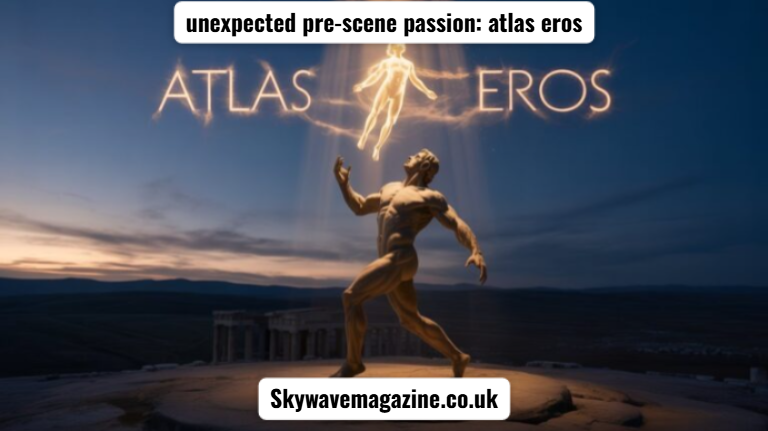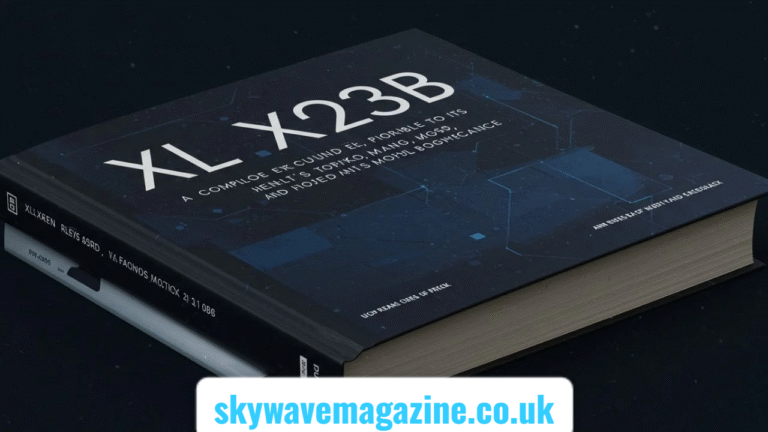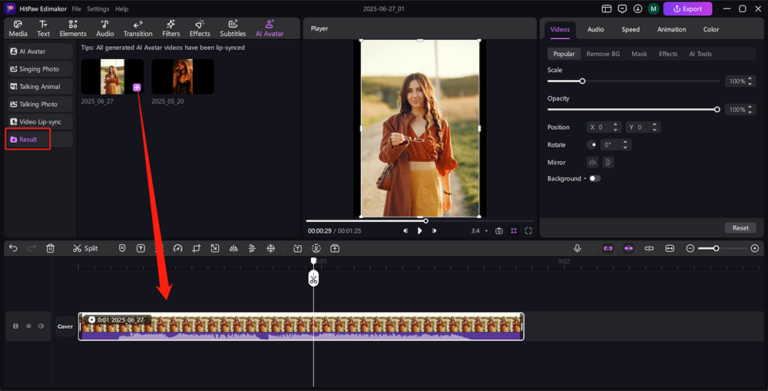
The phrase unexpected pre-scene passion: atlas eros suggests a layered concept combining passion, mythology, and narrative buildup. It often refers to a symbolic or artistic interpretation rather than a literal platform or event.
The keyword unexpected pre-scene passion: atlas eros blends creative storytelling, emotional tension, and mythological imagery. It captures the idea of passion arising before a key moment, linked with “Atlas” (the bearer of burdens) and “Eros” (the symbol of love and desire). This phrase is often interpreted in literary, artistic, or symbolic contexts, not as a standalone website or service. By understanding the layers of passion, mythology, and scene-setting, readers can better grasp how the phrase functions in broader discussions of creativity and expression.
A Glimpse into the Mythos of Atlas and Eros
The Classical Foundation of Atlas
Atlas, known for his eternal punishment of holding the sky on his shoulders, is a figure of resilience and burden. But what’s often overlooked in classical texts is the emotional core behind his character. Far from a mere symbol of strength, Atlas was once a Titan with immense sensitivity. In the mythological landscape, strength was not devoid of sorrow—and that nuance matters when discussing unexpected pre-scene passion.
Eros Beyond Desire
Eros, typically known as the Greek god of love and passion, is more complex than pop culture suggests. Ancient texts like Hesiod’s Theogony illustrate him as a primal force—one that catalyzed the beginning of all life. So, when we talk about Atlas and Eros in the same breath, we’re not just weaving fiction; we’re tapping into deep symbolic language.
Reimagining Mythology Through Modern Lenses

Emotional Depth Over Epic Battles
In a culture obsessed with action sequences and heroic finales, what happens before the battle is often ignored. “Unexpected pre-scene passion: Atlas Eros” isn’t just a poetic phrase; it’s a narrative concept. It’s about the emotional momentum before Atlas acts, the vulnerability before the strength, and the passion ignited not in war, but in the quiet before it.
The Scene Before the Scene
Imagine Atlas, moments before he lifts the sky. There’s sweat on his brow—not from exertion but from conflict. Should he obey the cosmic punishment, or should he rebel? Enter Eros. Not in physical form, but as a force—a temptation to love, to feel, to escape the expected. This is the pulse of unexpected pre-scene passion.
A Story Rewritten by Emotion
Atlas Eros — A Dramatic Interpretation
In this version of myth, Atlas isn’t just lifting the heavens; he’s carrying the weight of his own suppressed love. Eros emerges not as a separate entity, but as a passionate awakening within him. This psychological and emotional tension rewrites what we know about Greek myths. It offers something raw, unpredictable—human.
Love Before the Burden
Before Atlas takes his place beneath the cosmos, he feels. He remembers. A fleeting glance with a mortal, a forbidden love. These memories are stitched with Eros’ influence. Love is not the opposite of duty—it’s the soil from which duty grows. This interpretive layer shifts the focus from action to intent.
Cultural Resonance in Modern Media
Echoes in Film, Theatre, and Books
| Aspect | Description | Example Contexts |
|---|---|---|
| Mythological Symbolism | Uses Atlas (burden) and Eros (love) as layered metaphors in storytelling. | Literature, poetry, stage plays |
| Emotional Buildup | Reflects “pre-scene passion” as the emotional tension before a turning point. | Film scripts, theater rehearsals |
| Artistic Interpretation | Interpreted as a metaphor rather than a literal platform or domain. | Visual art, performance art, creative essays |
| Literary Use | Writers adapt the phrase to symbolize hidden desires and emotional struggle. | Novels, academic analysis |
| Digital Mentions | Rarely used online; surfaces in symbolic or niche discussions rather than mainstream platforms. | Blogs, forums, niche cultural commentary |
In modern storytelling, we see reflections of this emotional pre-scene passion. Characters like Bruce Wayne before donning the cowl or Maximus Decimus moments before battle—each experiences an emotional surge. These emotional preambles enrich the action. The Atlas-Eros dynamic mirrors this perfectly.
Why It Captivates Today’s Audience
We are starved for authenticity. Audiences crave the internal before the external. “Unexpected pre-scene passion: Atlas Eros” becomes a symbolic template—inviting creators to show passion before pain, love before labor, decision before destiny.
Emotional Mythology as Psychological Insight
Archetypes and the Human Psyche
Carl Jung’s theories around archetypes are deeply connected to mythology. Atlas represents the burden bearer, the over-responsible. Eros is the liberator of emotion. Their conjunction is not just literary; it’s therapeutic. This myth can be a metaphor for internal conflict—the head versus the heart.
Modern Therapy Through Ancient Symbols
Today, therapists use myth as metaphor to help clients understand their inner turmoil. An overachiever torn between duty and desire may resonate deeply with this narrative. “Unexpected pre-scene passion: Atlas Eros” becomes a mirror for suppressed love and unacknowledged emotional truths.
Real-Life Parallels to Mythical Conflict
Burdens in Leadership and Legacy
Leaders, like Atlas, often carry emotional loads invisible to others. They make decisions rooted in logic, but underneath lies a yearning for connection, vulnerability, and passion. The mythology resonates with entrepreneurs, parents, activists—anyone who has ever put their desires second to duty.
Emotional Suppression in Culture
In many societies, showing emotion is seen as weakness. But what if Atlas had cried before his punishment? What if that tear represented strength? Reinterpreting myths like this can challenge toxic norms and normalize emotional expression as part of power.
A Creative Explosion in the Arts
Literary Reimaginings
Authors are taking this myth and creating entire alternate timelines. In these retellings, Eros visits Atlas before the punishment and offers a deal—one day of love in exchange for eternity of burden. The passion they share becomes a metaphor for stolen time, unsustainable joy, and eternal consequence.
Visual and Performing Arts
Artists are drawing Atlas not as a muscular titan, but as a melancholic figure surrounded by red petals—Eros’ lingering energy. Dancers interpret the story in pre-battle choreography, a trembling performance where passion, not pain, drives the movement.
The Digital Era of Myth Expansion
Fandoms and Forums Discussing the Concept
Online platforms like Reddit and MythosLore are seeing rising discussions around this concept. Artists are blending AI art with digital storytelling to explore new layers of the Atlas-Eros dynamic. This mythic reimagination is not confined to literature—it thrives in gifs, reels, and fanfics.
TikTok’s Role in Reshaping Mythology
Creators on TikTok have built entire series around “unexpected pre-scene passion.” Some depict Atlas reading poetry to a statue of Eros. Others portray lovers pulled apart by divine order. These short-form videos are making ancient passion relatable for Gen Z.
The Moral Underlying the Passion

Love Is a Necessary Interruption
This myth teaches that love doesn’t follow logic or cosmic order—it interrupts it. Atlas wasn’t supposed to feel. He was supposed to lift. But Eros made him pause. In that pause, we find humanity. We find the lesson.
Passion Is Not a Weakness
- Contrary to stoic narratives, passion empowers action.
- Without Eros, Atlas might have dropped the sky—or worse, accepted his fate without protest.
- That moment of emotional clarity, however brief, is what makes myth memorable.
- It reaffirms that our stories should not begin with action but with emotion.
Conclusion — A Myth Reborn with Emotion
The myth of Atlas and Eros, when viewed through the lens of “unexpected pre-scene passion,” reveals a timeless truth: even the strongest are touched by love. Before every colossal decision lies a flicker of emotion—a hidden dialogue that shapes fate. This emotional reframing does not weaken the myth; it deepens it. It turns Atlas from a symbol into a soul, and Eros from a god into a pulse. Together, they challenge us to consider our own moments before the action. What drives us? What holds us? And in those private seconds before public consequence, who or what is our Eros?
Whether you’re a creator, a reader, or someone searching for personal meaning in ancient words, let this version of the myth stay with you. Let it whisper that emotion isn’t the end—it’s the beginning.
FAQs About “Unexpected Pre-Scene Passion: Atlas Eros”
Q1. What does unexpected pre-scene passion: atlas eros mean?
It refers to the symbolic blend of passion, mythology, and narrative buildup before a key moment, linking Atlas and Eros.
Q2. Is unexpected pre-scene passion: atlas eros a website?
No, there does not appear to be an active website under this phrase; it is mostly used in symbolic or artistic contexts.
Q3. Why combine Atlas and Eros in this phrase?
Atlas represents strength and burden, while Eros symbolizes love and desire—together they create a layered metaphor.
Q4. How is “pre-scene passion” interpreted?
It suggests emotional intensity or buildup before a major event or turning point in a story or artistic work.
Q5. Is unexpected pre-scene passion: atlas eros linked to mythology?
Yes, it draws on Greek mythological figures—Atlas and Eros—for symbolic depth.
Q6. Could this phrase be used in literature?
Absolutely, writers and poets may use it to express emotional buildup before climactic scenes.
Q7. Does this phrase have a cultural meaning?
It is not widely recognized in culture but can be interpreted in creative and academic discussions.
Q8. Can unexpected pre-scene passion: atlas eros be a metaphor?
Yes, it can serve as a metaphor for hidden emotions or struggles revealed before a major event.
Q9. Is there an official source for this phrase?
No official site exists; the phrase appears in scattered artistic or symbolic references online.
Q10. How many times is unexpected pre-scene passion: atlas eros used online?
It appears rarely and is not common in mainstream platforms, but surfaces in niche symbolic contexts.





